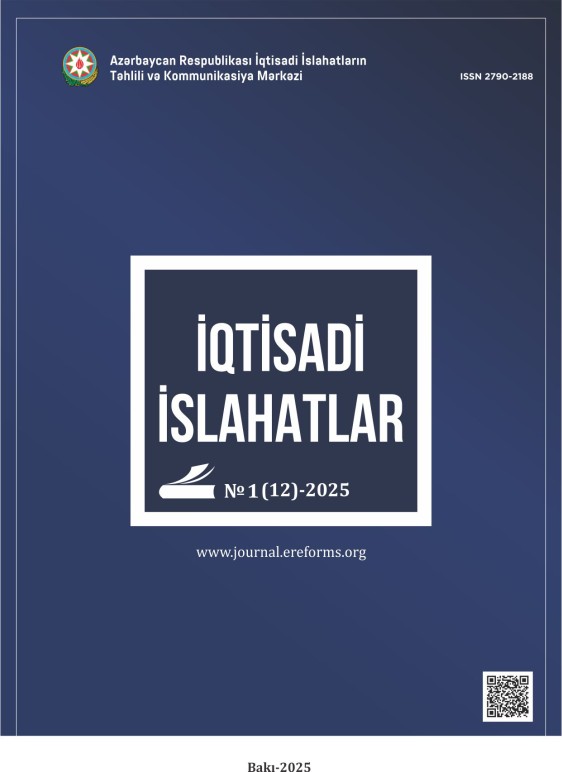The importance of differential wage systems in increasing scientific and research activities in higher educational institutions
Summary
Increased competition in higher education has become the focus of attention of many researchers in recent years, and various studies have been conducted to increase the number of students, evaluate research activities, obtain research funds, and attract qualified faculty. The current study draws attention to the issue of research activities, which are an important component of competition between higher education institutions. It emphasizes the importance of differential salary systems, which are the main regulatory tool of internal management in stimulating this activity. During the study, the impact of the differential salary system on the research activities of higher education institutions, the professional development of professors and teaching staff, and the general academic environment was analyzed based on various theories and studies. Since the study is more in line with the observational approach, the results and judgments obtained from previous studies were taken into account during the study, the importance of scientific research activities of higher education institutions in the national and global competitive environment was studied, a literature review was conducted, and information on the expenditures allocated for scientific research activities in the higher education system, including the number of studies in reputable scientific databases on higher education institutions, was analyzed. As a result, it was determined that differential wage systems are of particular importance in increasing the effectiveness of wage costs, which constitute a significant part of internal expenses.
